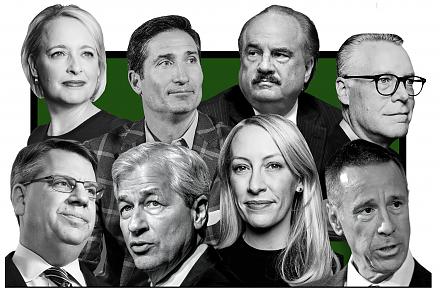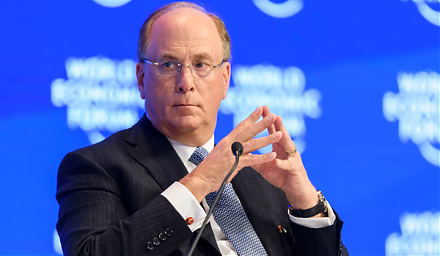

2019-12-28 09:36:00 Sat ET
treasury deficit debt employment inflation interest rate macrofinance fiscal stimulus economic growth fiscal budget public finance treasury bond treasury yield sovereign debt sovereign wealth fund tax cuts government expenditures
Global debt surges to $250 trillion in the fiscal year 2019. The International Institute of Finance analytic report shows that both China and the U.S. account for at least 60% of this sharp increase in global debt. In particular, global public debt increases from $65 trillion to $70 trillion in 2019, and this increase arises primarily from the recent surge in U.S. federal debt. This latter public debt accumulation results from the recent Trump tax cuts and infrastructure expenditures.
Meanwhile, the current low-interest-rate environment makes it extremely easy for public corporations and sovereign wealth funds to borrow more money worldwide. Total government debt represents more than 2.5 times annual real GDP in China. Low long-run government bond yields and high corporate debt mountains continue to be red alerts for the next recession in several economies such as Britain, France, Germany, Japan, Italy, and Spain. The monetary authority cannot sustainably fund fiscal deficits via new public bond issuance without an eventual increase in money supply growth or price inflation. When push comes to shove, an inflationary shock above the 2% target may tilt the central bank response toward a hawkish monetary policy emphasis on price stabilization.
If any of our AYA Analytica financial health memos (FHM), blog posts, ebooks, newsletters, and notifications etc, or any other form of online content curation, involves potential copyright concerns, please feel free to contact us at service@ayafintech.network so that we can remove relevant content in response to any such request within a reasonable time frame.
2024-07-31 09:28:00 Wednesday ET

In the modern monetary system, each new CBDC helps anchor public trust in money in support of economic welfare, especially in a cashless society. In our
2025-10-02 12:31:00 Thursday ET

Stock Synopsis: With a new Python program, we use, adapt, apply, and leverage each of the mainstream Gemini Gen AI models to conduct this comprehensive fund
2021-07-07 05:22:00 Wednesday ET

What are the best online stock market investment tools? Stock trading has seen an explosion since the start of the pandemic. As people lost their jobs an
2018-01-09 08:33:00 Tuesday ET

BlackRock CEO Larry Fink emphasizes his key conviction that public corporations should make a positive contribution to society apart from boosting the botto
2018-04-13 14:42:00 Friday ET

Mike Pompeo switches his critical role from CIA Director to State Secretary in a secret visit to North Korea with no regime change as the North Korean dicta
2018-09-25 10:35:00 Tuesday ET

Sirius XM pays $3.5 billion shares to acquire the music app company Pandora. This acquisition would form the largest audio entertainment company worldwide.